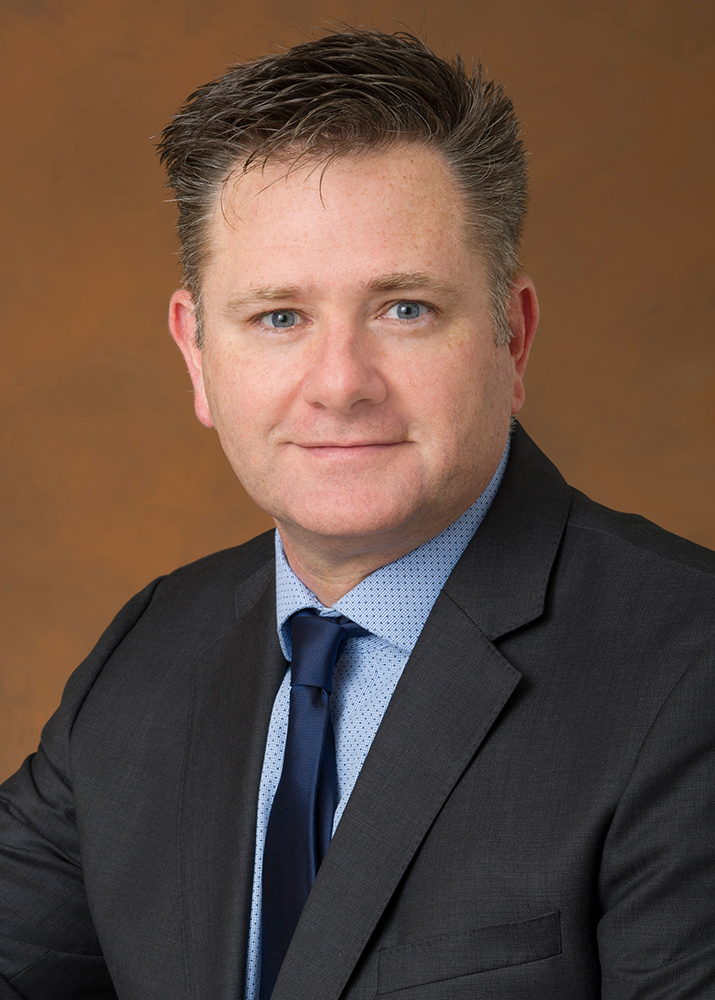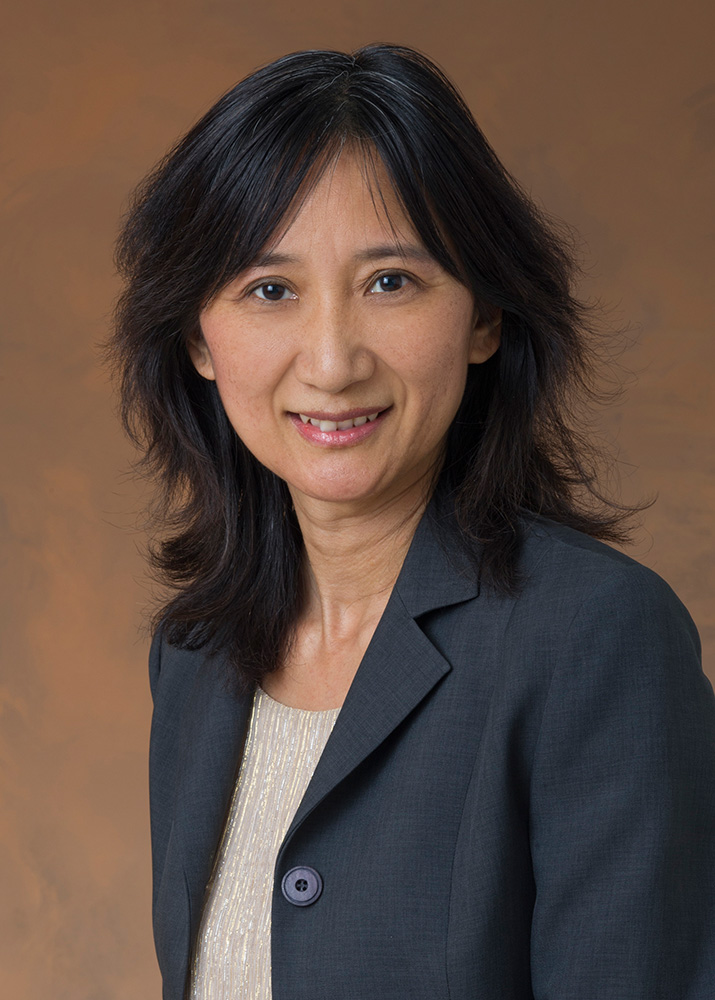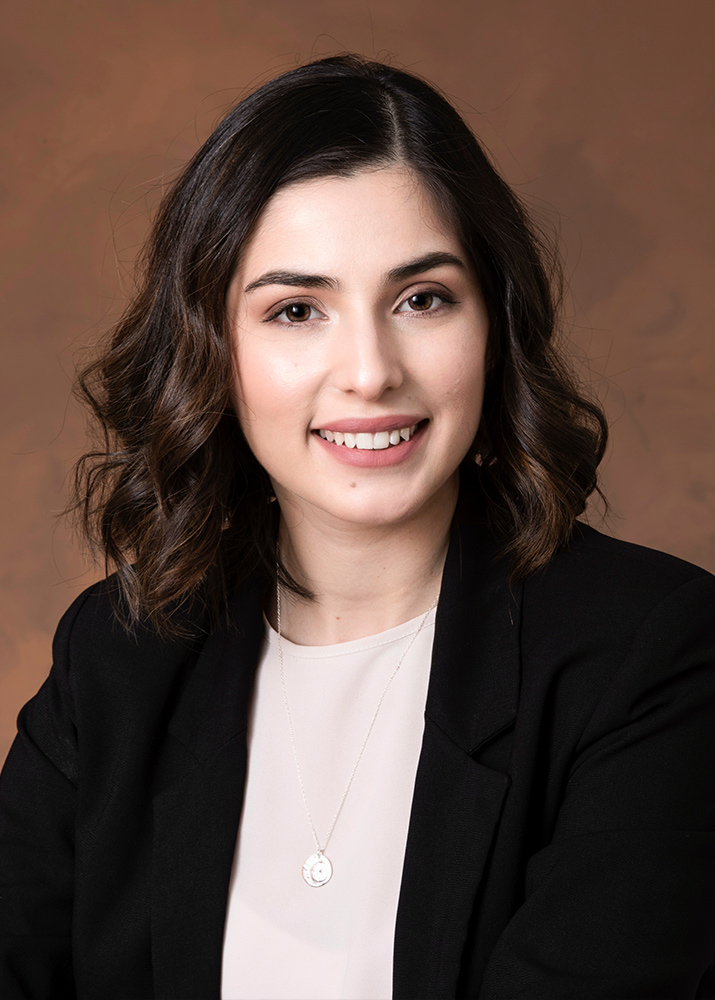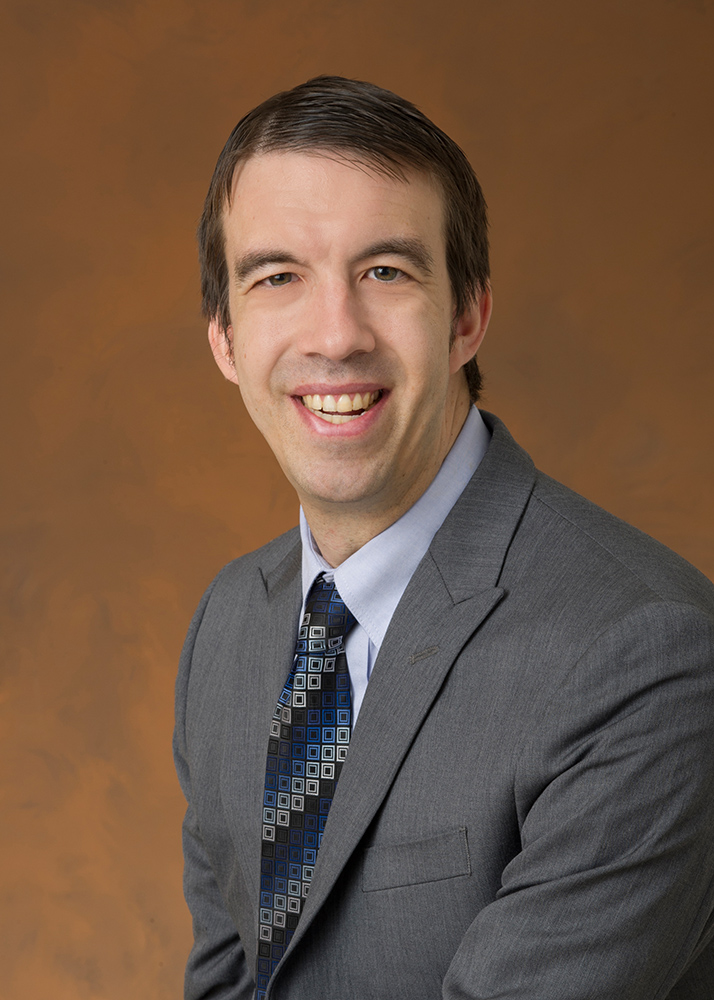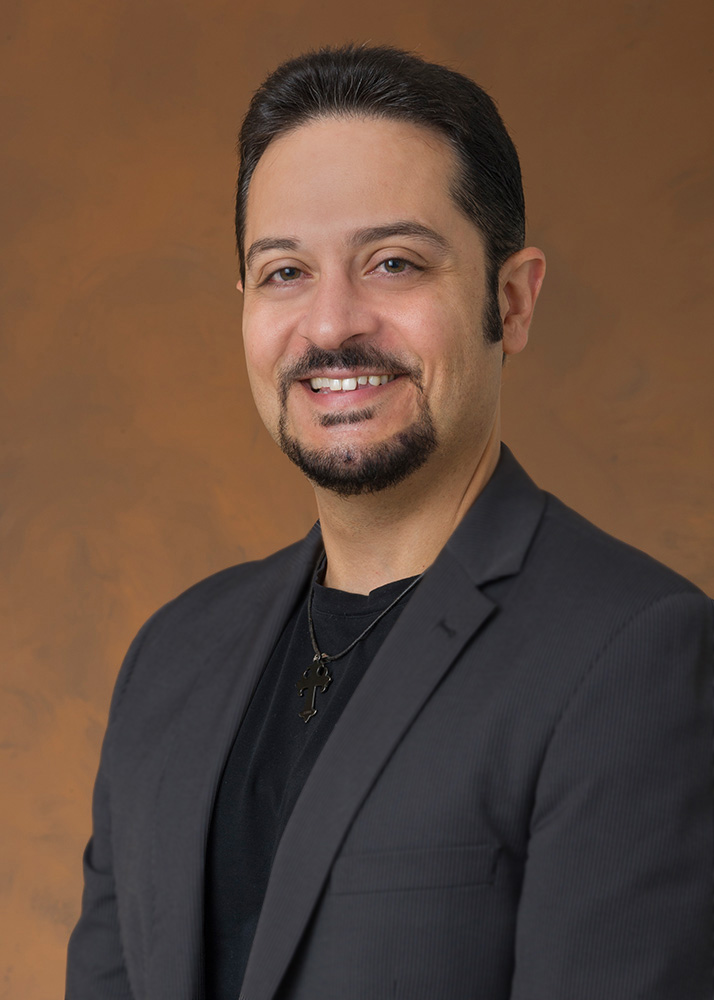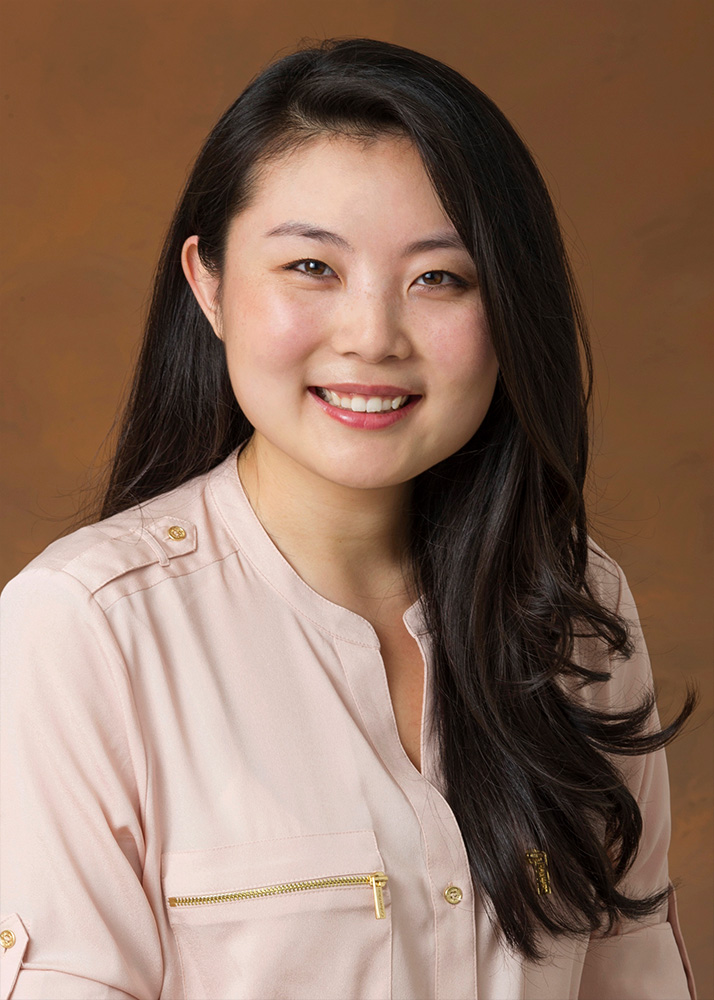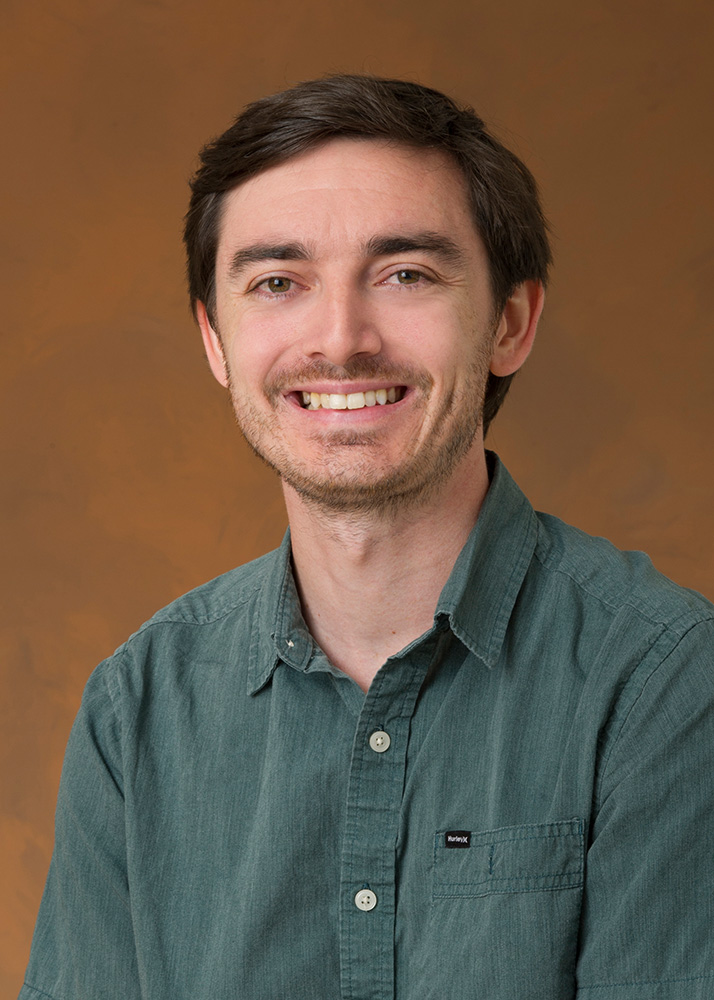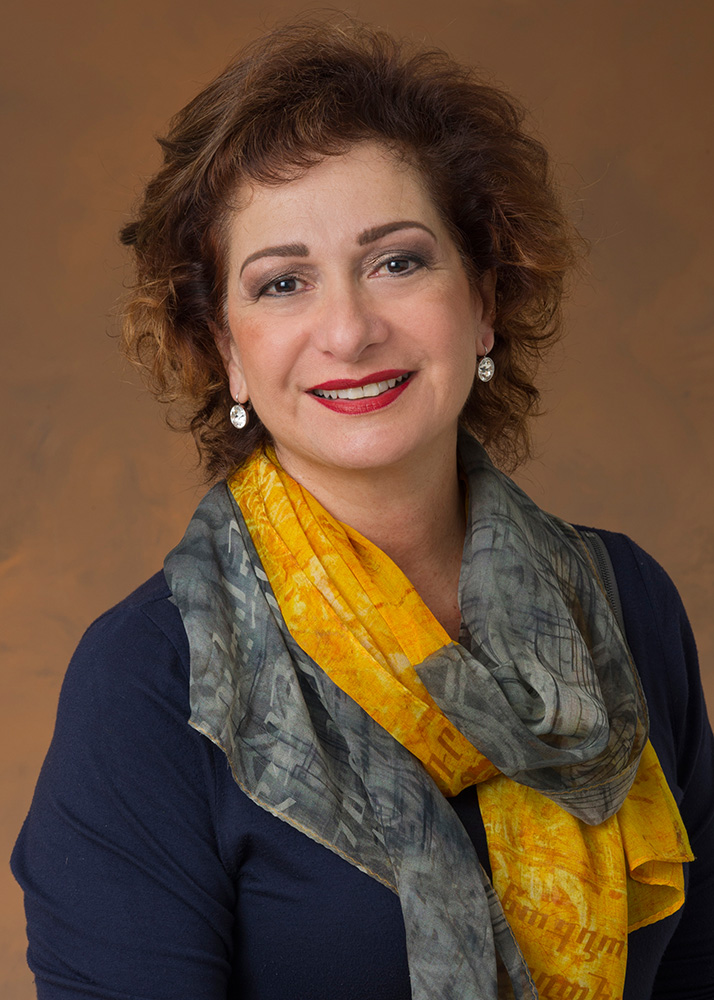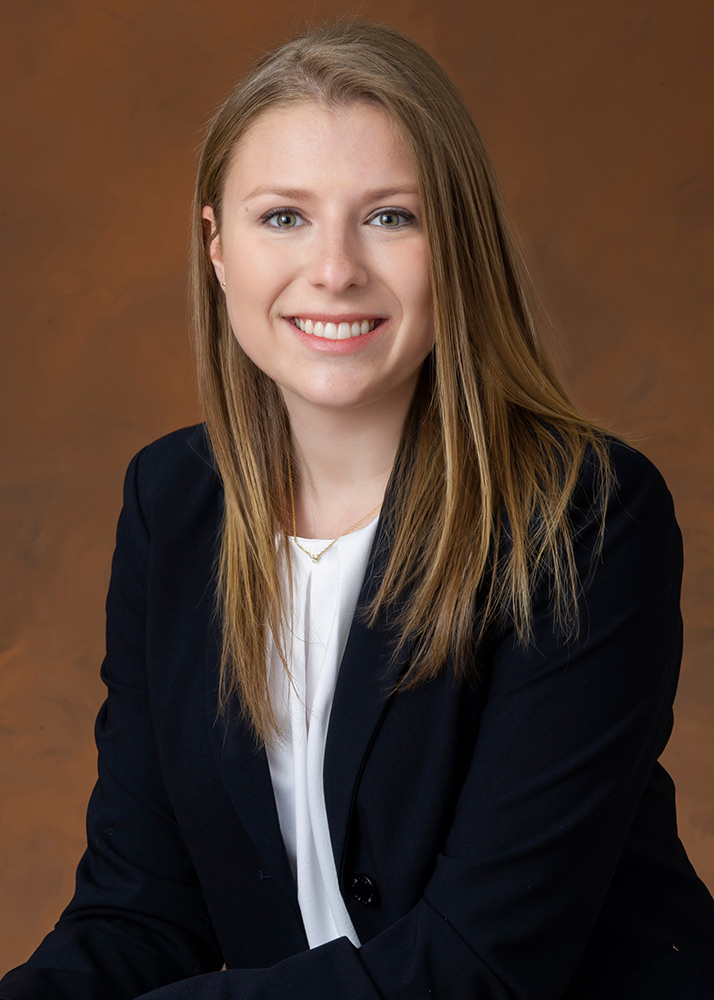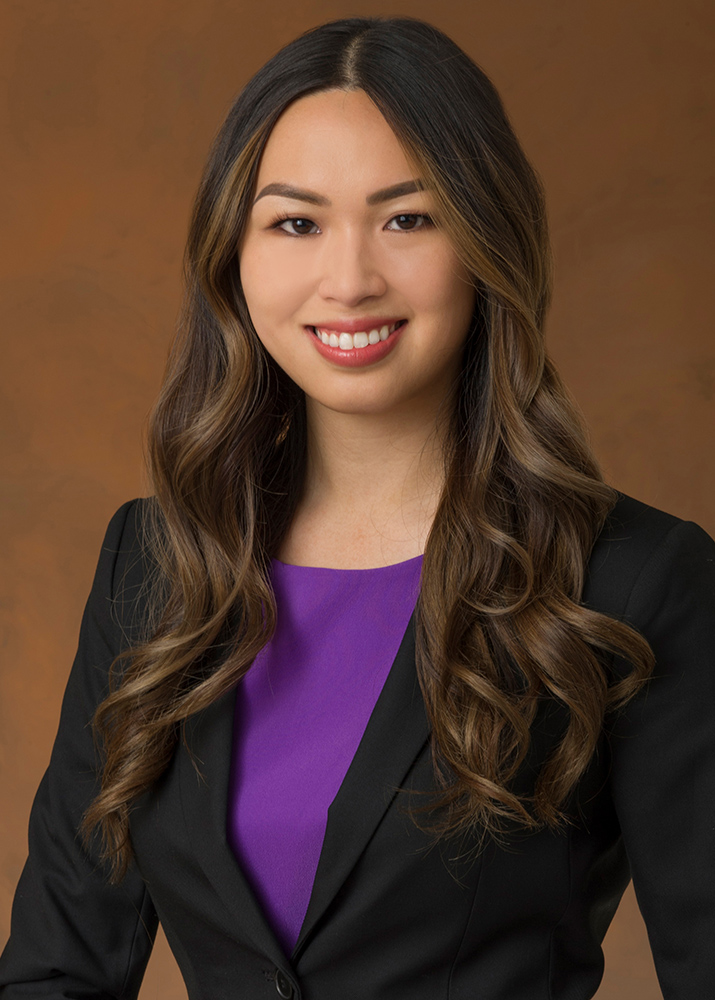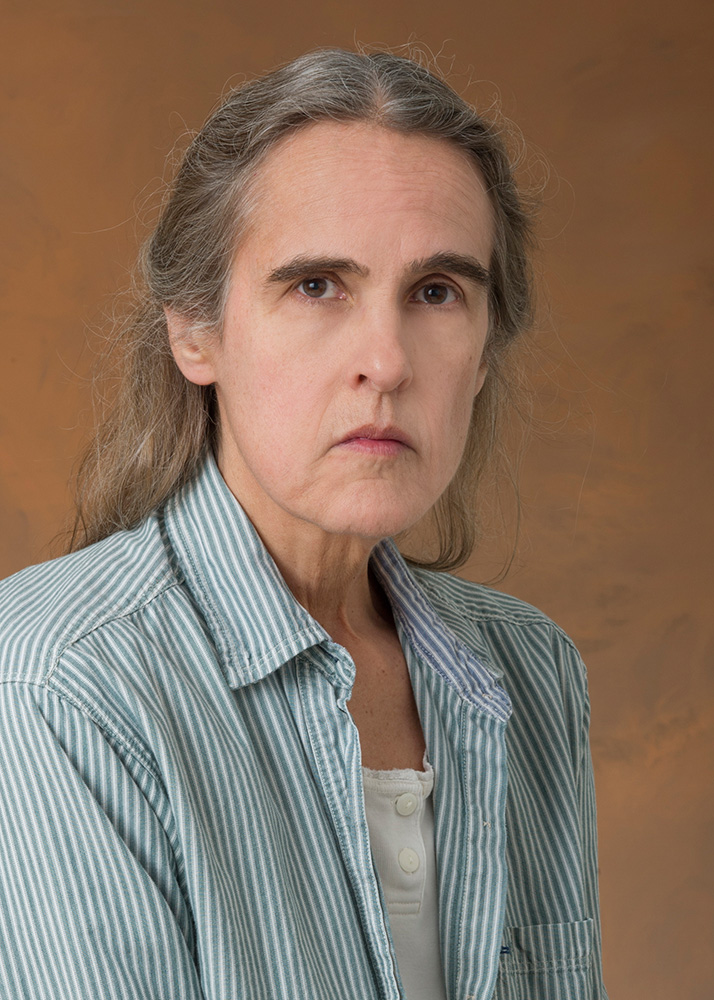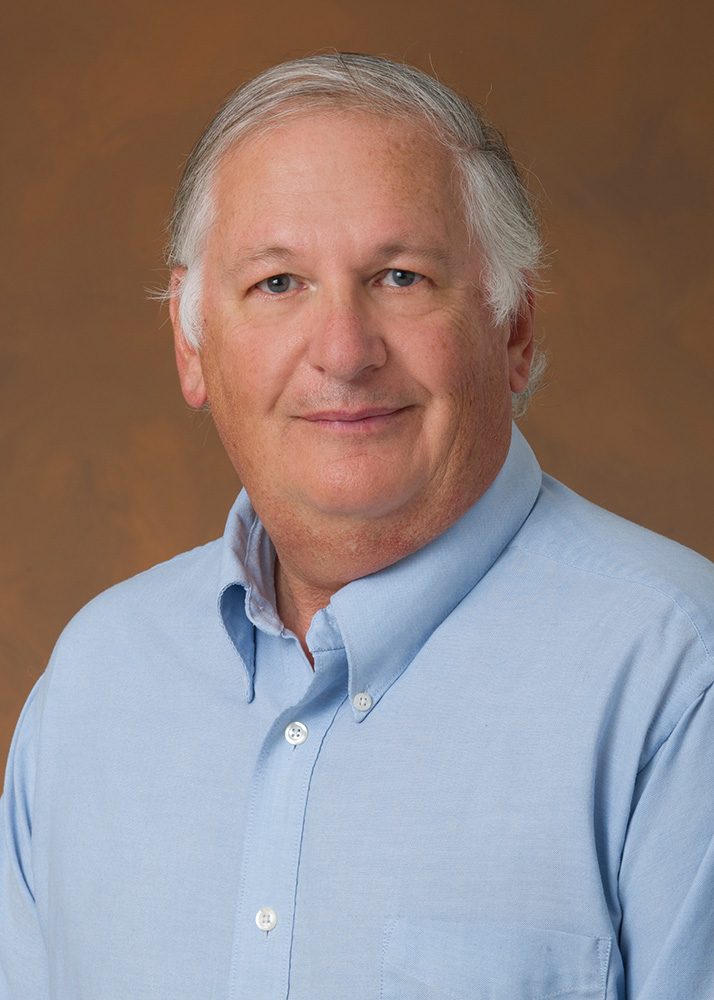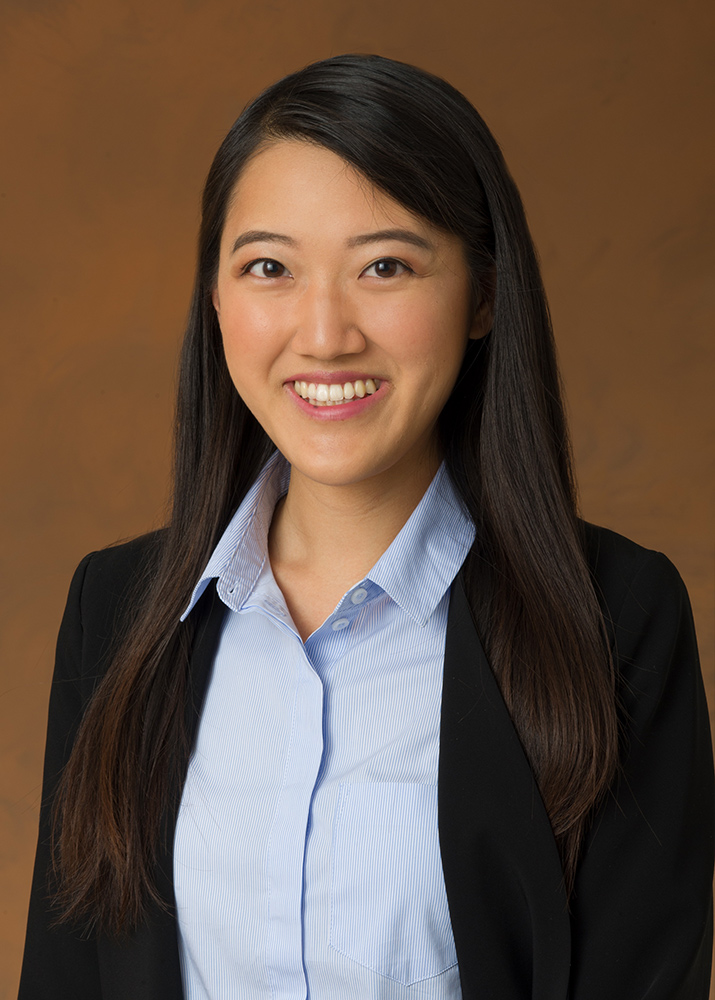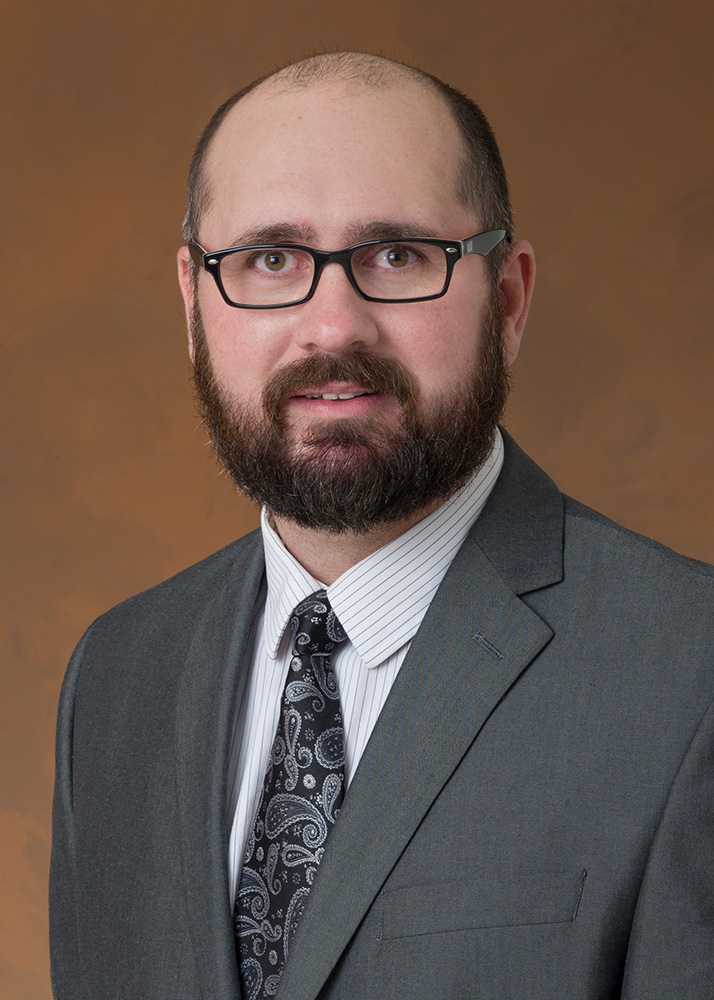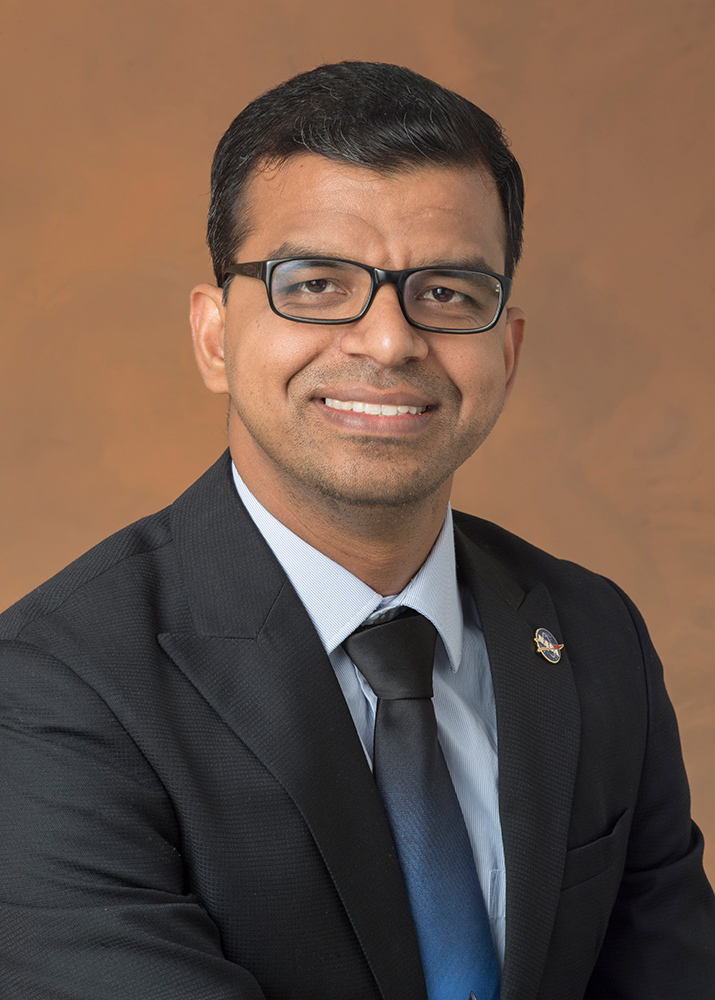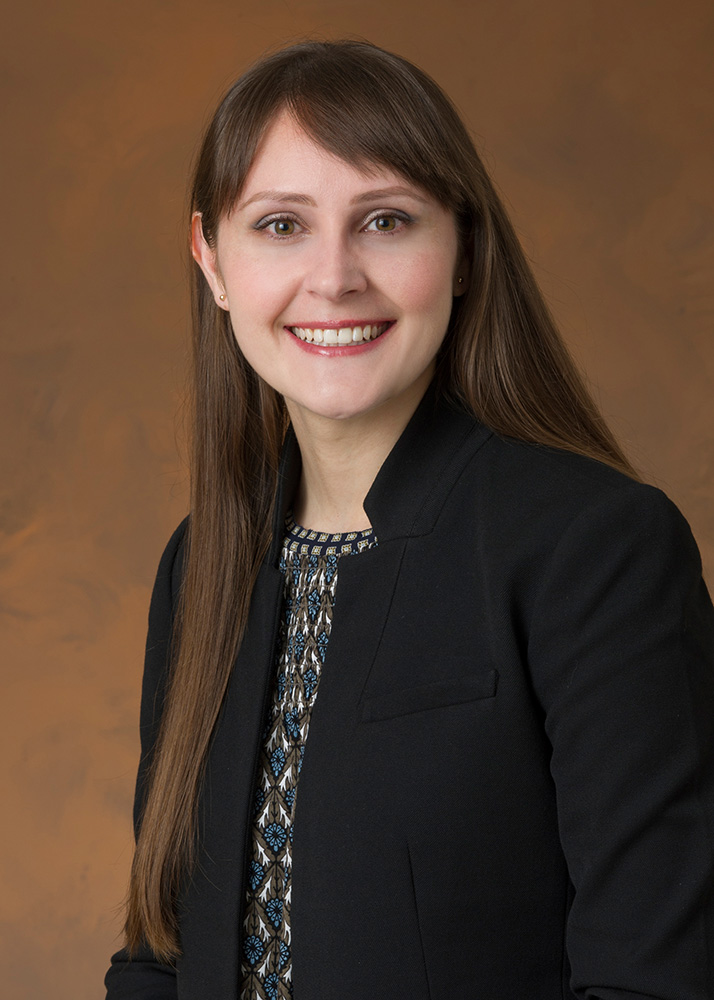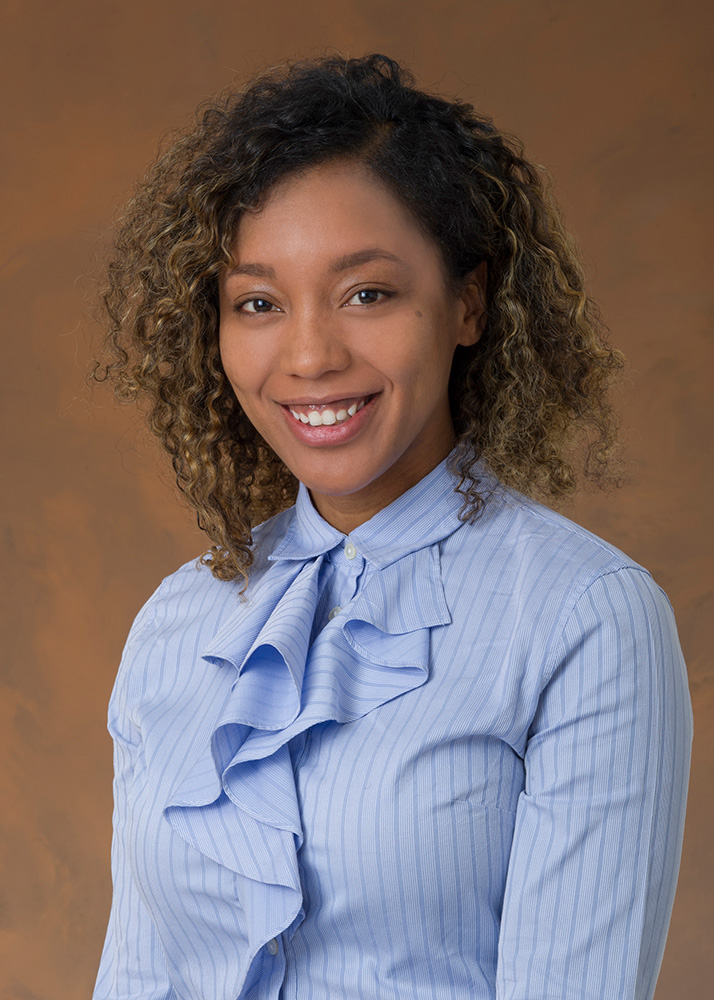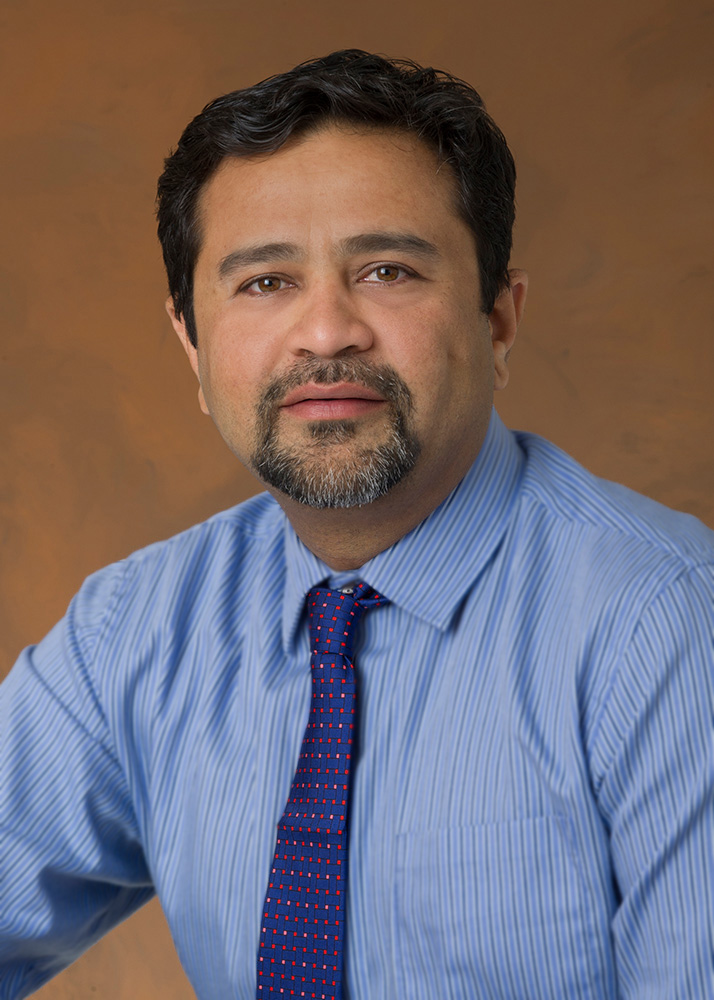Our Members
Meet our Team
JPL's BPP Group includes more than 15 scientists, engineers, and technicians, who are researchers and flight project implementation specialists. To support research and flight implementation tasks, the group supplements the workforce throughout the year with postdoctoral fellows, graduate and undergraduate students. Collectively, the group has extensive expertise in planetary protection implementation, research and technology development, microbiology, molecular biology, genetics, classical and molecular microbial taxonomy, physics, analytical chemistry, biochemistry, chemical engineering, probability analysis, research design, biosensor technology, biomedical engineering, and space instrument engineering.
Brian G. Clement, Ph.D. | Planetary Protection Engineer
Dr. Brian G. Clement is an environmental microbiologist with a background in both academic research and commercial applications. He has conducted microbiological studies in, and collected samples from, a variety of extreme, remote environments, including anoxic ocean basins, active volcanoes and subsurface hydrocarbon deposits. His work has involved characterizing complex, naturally-occurring microbial populations with a range of methods. At Cal Poly SLO, he was part of a team that developed DNA-based characterization tools for bioremediation and mammal gut monitoring. More recently, his more work has utilized physiology indicators to understand microbial processes in large scale systems, such as ocean basins and oil fields. At JPL, Dr. Clement has served as Planetary Protection lead on the MarCO mission and the Europa Lander mission concept.
Fei Chen | Scientist
Fei Chen received a B.S. in Biochemistry from Beijing University in China and a Ph.D. in Pharmaceutical Sciences from University of Southern California. She was a senior research fellow at California Institute of Technology before she joined the Biotechnology and Planetary Protection Group at the Jet Propulsion Laboratory. Her current projects include developing aseptic assembly techniques and sterilization capabilities for future Mars and Europa missions; and studying the survival and reproduction of microbes at low water activity with salts relevant to Mars and icy satellites. She is also on the Planetary Protection implementation team for the Mars 2020 Mission.
Sarah Cruz | Planetary Protection Engineer
Sarah received her bachelor’s degree in Biochemistry with a minor in Mathematics from Mount St. Mary’s University - Chalon in 2015. She is a former Caltech SURF Intern for the Biotechnology and Planetary Protection Group, and was hired in 2018 as a Planetary Protection Engineer for the Mars 2020 Mission. She is currently involved in the Planetary Protection implementation team for both the Insight and Mars 2020 Missions.
Zachary S. Dean | Planetary Protection Engineer
Zach is an interdisciplinary, molecular biology-oriented biomedical engineering Ph.D. who spent five years developing nucleic acid probes to detect RNAs (miRNA/mRNA) inside living cells in real time. He also developed portable electromechanical infusion pumps for Medipacs, Inc., refined 3D cell culture assays, investigated smooth muscle cell migration mechanisms, fabricated portable lab-on-a-chip field testing devices, and constructed a high-speed photography system. He also has years of community service with honors organizations Tau Beta Pi and Alpha Epsilon Delta in addition to experience as a mentor for Tucson’s Bit Buckets FIRST Robotics Competition team. The results of his research appear in more than eleven peer-reviewed publications, two books, and more than a dozen scientific presentations. After a year of cell transporter research with the Dr. Stephen H. Wright Lab at the Univeristy of Arizona, Zach joined NASA JPL’s Biotechnology and Planetary Protection Group.
Raymond Ellyin | Planetary Protection Engineer
After earning four different national scholar high honors awards in Physics, Calculus, Chemistry, and Physical Education, Raymond was accepted to Berkley and UCLA with a full academic scholarship. He earned his bachelors degree in physics and mathematics from UCLA in 2002. He went on to earn two Masters Degrees in Biomedical Engineering and Decision Analysis both from UCLA. Mr. Ellyin has been at JPL for the last 15 years initially working in Division 38 and Office 150 as an APT/APX fascilitating tasks such as instrument integration, hardware design, and proposal work in response to NASA announcements of opportunity. He is currently a member of the Planetary Protection Group working on the Mars 2020 Planetary Protection Equipment List and the Insight Launch Recontamination Plan within Division 35. Mr. Ellyin will soon be completing his doctoral degree in Engineering and Technology Management.
Lisa Guan | Planetary Protection Engineer
Lisa received her B.S. in Molecular Environmental Biology from UC Berkeley in 2014 and her M.S. in Biology from the University of Munich, Germany in 2016. Her graduate work focused on exploring microbial communities of extreme environments using genetics and Next-Generation sequencing technology. She is currently involved in Planetary Protection implementation for the Mars 2020 and InSight Missions. She is also actively involved in several collaborative research projects focused on the metagenomics of extreme environments.
Ryan Hendrickson | Planetary Protection Engineer
Ryan received his Bachelor’s Degree is Microbiology from California Polytechnic University San Luis Obispo in 2011 and his Masters in Science Education at California State University in 2014. He is the Planetary Protection lead for the InSight Mission and is involved with the Mars 2020 Mission.
Gayane Anahid Kazarians | Scientist
Gayane received her Bachelors Degree in Microbiology from the University of California, at Los Angeles, (UCLA), in 1984. Her experience as a part-time employee during her student years paid off when upon her completion of her degree, she was offered a position within what was known then as JPL’s Space Biological Sciences Group. Currently, she is actively involved with the Planetary Protection Group, particularly as a team member for both the InSight and Mars 2020 Missions.
Emily Klonicki | Planetary Protection Engineer
Emily Klonicki received a B.S. in Microbiology at the University of Pittsburgh. Prior to joining the Planetary Protection Group, Emily developed a diverse research background that spans the fields of epigenetics, microbiology, and environmental engineering. Her significant involvement in microbial fuel cell research and engineering for sustainable design led to her selection as an Innovation Fellow for the Institute of Design at Stanford University.
Cynthia Ly | Planetary Protection Engineer
Cynthia Ly received her Bachelor’s Degree in Biology with a minor in Chemistry from California State University Channel Islands in 2016. She is currently involved in Planetary Protection Center of Excellence projects and Planetary Protection flight implementation work for the Mars 2020 mission.
Laura Newlin | Planetary Protection Engineer
Laura Newlin received a B.S. in Engineering from Harvey Mudd College and an M.S. in Applied Mathematics from Claremont Graduate School, both in Claremont, California. She joined JPL 30 years performing stochastic modeling of Space Shuttle Main Engine components. She is currently a Senior Engineer with the Biotechnology and Planetary Protection Group. Her 16 years of experience as a planetary protection engineer includes support to Mars Climate Orbiter, Mars Polar Lander, Mars Exploration Rover, Mars Science Laboratory, Phoenix, Juno, Mars Odyssey, Mars Reconnaissance Orbiter, Jupiter Europa Orbiter, InSight, Mars 2020, MarCO, the Europa mission, and numerous spacecraft and instrument proposal teams.
Wayne Schubert | Scientist
Wayne received B.S. and M.S. degrees in Biology from the California State University, Northridge in 1974 and 1979 respectively. He joined the Jet Propulsion Laboratory in 1974 and is currently a research scientist in the Biotechnology and Planetary Protection Group. He has been actively involved with the implementation of Planetary Protection for current and previous space missions, including Mars Science Laboratory, Phoenix, Mars Reconnaissance Orbiter, Mars Exploration Rovers and Mars Pathfinder. He actively participates in research involving sterilization, cleaning, and validation of spacecraft hardware and is doing applied research on evaluating microbes embedded in solid materials. Recent research activities include investigations into dry heat microbial reduction, a task that evaluates bacterial spore inactivation at elevated temperatures. Wayne also manages an archive task that preserves and characterizes microbes isolated from spacecraft as they are assembled.
Emily Seto | Planetary Protection Engineer
Emily Pui-Yee Seto received a B.S. in Public Health Sciences at University of California Irvine and her M.S. in Clinical Microbiology at the University of Nottingham, England. Her graduate work at the Centre of Biomolecular Sciences focused on microbial genetics and gene disruption of spore formers to combat antimicrobial resistance in hospital settings. Prior to joining the Planetary Protection group, Emily had developed a diverse research background in the fields of medical microbiology and environmental microbiology. She was selected to train at the State of California Department of Public Health where she specialized in identifying and characterizing infectious agents including bioterrorism pathogens. Currently her projects include archive tasks for identifying bacterial isolates from spacecraft associated surfaces as well as cleanrooms environments and flight implementation work for both Mars 2020 and Europa Clipper.
Arman Seuylemezian | Scientist
Arman has completed two internships with the Biotechnology and Planetary Protection group, employed as an academic part time, and currently as a staff scientist has taken roles in the Biotechnology and Planetary Protection Group, characterizing, identifying, and archiving bacterial isolates from spacecraft associated surfaces and cleanroom environments. He has also supported flight project implementation. He is currently working towards a master of science degree in bioinformatics from Johns Hopkins Univerisity. He is interested in applying new and emerging computational biology systems and technologies to better assess microbial bioburden, present on spacecraft associated surfaces.
Timothy Brian Shirey | Planetary Protection Engineer
Brian Shirey is a Planetary Protection Engineer at NASA’s Jet Propulsion Laboratory. He is currently serving as the Mars 2020 Biological Sciences Deputy Lead, and is also supporting mission implementation activities for InSight, Europa, and Mars Helicopter. Prior to joining the JPL Biotechnology and Planetary Protection group, Brian received his Ph.D. in Biology from the University of Alabama, and was subsequently awarded a prestigious ORISE postdoctoral fellowship from the Centers for Disease Control and Prevention (CDC) in Atlanta, GA. Brian has an established and diverse research background within the fields of applied and environmental microbiology, with expertise in both laboratory and field investigations, biofinformatics, genomics, microbial sterilization, and planetary protection. An enthusiastic collaborator, Brian has partnered with collegues representing both national and international agencies and institutions including NASA, CDC, FDA, Los Alamos National Laboratory, the Public Health Agency of Canada, and a number of colleges and universities.
Nitin Kumar Singh, Ph.D. | Planetary Protection Engineer
Dr. Nitin Kumar Singh’s 10+ years of research in Microbiology encompasses Microbial taxonomy, Microbial Genomics, Metagenomics, and Microbial ecology study, analysis and interpretation. He is specialized in working on pathogenic microbes found in hospital environment / clean room (SAF) to understand how microbes adapt to become more pathogenic under anthropogenic pressures. His work on Acinetobacter sp. and Bacillus anthracis clad has helped in the taxonomic resolution of both the genus. Until date, he has played a crucial role in validly describing 13 novel bacterial species from various environments and has been involved in the Genomic and Metagenomic analysis of various projects like ISS-MO, ISS-MOP, CASIS, IMPAS, SPACE-X, JPL-SAF, HEPA and MARS 2020. His work has helped narrow down the dominant microbial population in ISS and establishing its genomic identity through metagenome resolved genomes. He has been instrumental in the implementation of BIG-DATA analysis and visualization leading to the co-relational analysis of all the studies conducted at BPPG.
Kristina Vaikovna Stott | Planetary Protection Engineer
Kristina received her B.S. in Cell and Molecular Biology (2010) and M.S. in Microbiology (2012) from California State University Northridge. Her studies involved cell cycle regulation during fatty acid starvation in Caulobacter crescentus. While working at One Lambda | a Thermo Fisher Scientific Brand, she gained extensive knowledge and laboratory experience in immunology and transplant diagnostics. Kristina joined the JPL Biotechnology and Planetary Protection Group in 2016, where she has been actively involved with Planetary Protection Implementation for Mars 2020 and Europa Clipper missions. Recent research activities include the Strategic Initiative task, where she evaluated the effectiveness of using vapor hydrogen peroxide (VHP) sterilization for hardware with complex geometries.
Moogega Stricker | Scientist
Moogega received her Bachelors Degree in Physics from Hampton University in 2006. She successively enrolled in Drexel University where she received her Masters and Ph.D. in Mechanical Engineering with a concentration in thermal fluid sciences. Her dissertation studies involved non-equilibrium plasma sterilization of spacecraft materials so it was a logical transition to work for the Jet Propulsion Laboratory's Planetary Protection Group. Her current projects include developing plasma sterilization methodologies and additional sterilization capabilities for future mission use. She is also the Planetary Protection lead for the Mars 2020 Mission and is involved with the InSight Mission.
Parag A Vaishampayan | Scientist
DAs a staff scientist, Parag manages a multifunctional, multidisciplinary, biotechnology–based laboratory. He has applied his scientific expertise, bioinformatics knowledge and research experience over 15 years to decipher the microbial ecology of diverse and extreme environmental niches encompassing spacecraft assembly clean rooms, ocean, stratospheric air samples, high altitude caves, hydrothermal vents and human gut to name a few. He was instrumental in teaming up with engineers at JPL, industry partners and vendors for developing a sampling and analysis technology for low-biomass environments. His research findings will allow NASA to implement efficient microbial decontamination and sterilization techniques during future spacecraft assembly processes. He is the key bioinformatician of the planetary protection group at JPL. He has successfully managed several multi-institutional research projects as a Principal Investigator and/or Co-Investigator. The results of his research have appeared in more than 40 peer-reviewed publications, book chapters and several (more than 50) presentations.
Kasthuri Venkateswaran | Scientist
Dr. Kasthuri Venkateswaran (Venkat) is the Senior Research Scientist at JPL and supports the Biotechnology and Planetary Protection Group. His 39+ years of research encompasses marine, food, and environmental microbiology. He has applied his research in molecular microbial analysis to better understand the ecological aspects of microbes, while conducting field studies in several extreme environments such as deep sea (2,500 m), spacecraft missions (Mars Exploration Rovers), assembly facility clean rooms, and the space environment in Earth orbit (ISS). Also, he provides expertise for non-NASA programs such as commercial agencies (Boeing – airline cabin air measurement) and medical industries (tissue and organ transplants processing). The bioinformatics databases generated by Venkat’s team are extremely useful in the development of biosensors which will provide information about the spacecraft surfaces and enclosed habitats in an attempt to determine forward contamination as well as develop countermeasures (advance cleaning and sterilization technologies) to control the problematic microbial species
